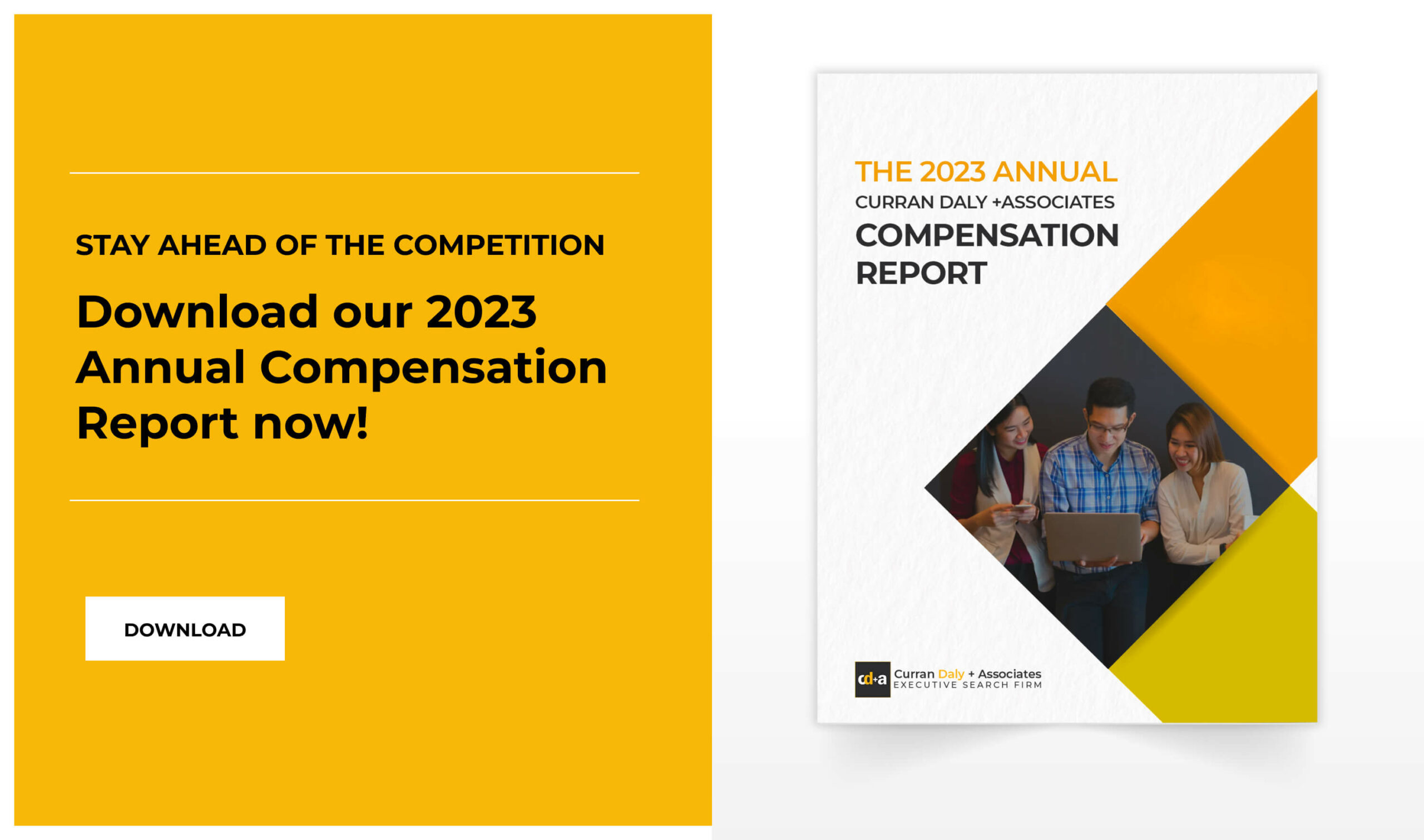In less than 20 years, we’ve seen a number of megatrends that have dramatically changed the way we do business both at home and abroad. In the late 1990s, offshoring became a big hit. Businesses have begun relocating key business functions elsewhere in the world. Pioneers of offshoring set up new captive centers in low-cost developing countries like India giving firms the opportunity to save up and countries around the globe to partake in the global economy.
In the mid-2000s many firms sold their offshore captive centers to outsourcing providers and bought back the service on a contractual basis. They wanted to save up even more – hence the birth of business process outsourcing. Countries with large pools of highly-skilled, and cost-effective talents, like India and the Philippines, became the biggest players in the global BPO industry.
However, robotic process automation (RPA) and Business Process as a Software (BPaaS) are both gaining traction and the pendulum is swinging back to ‘saving up without having to go elsewhere in the globe’. For example, voluminous and repetitive tasks are candidates for automation (i.e. contact centers handling inbound queries). On the other hand, business functions which can be standardized are subject to BPaaS. For example, accounting services comprise a significant part in the shared-services industry in the Philippines, but with the advent of cloud-based accounting softwares, firms consider going into the cloud than offshoring these functions. BPaaS may also be outsourced, but it’s usually in the cloud.
Related: Robots are Coming After Our Jobs
A Disruption?
In a sense, offshoring and outsourcing were disruptions to the formerly orthodox way of doing business. But this combination of automation (RPA) and standardization (BPaaS) provides a serious challenge to traditional BPO providers. In recruitment, for example, recruitment firms are becoming wary about security and the chain of responsibility when dealing with external providers; they provide access to their talent database or their Applicant Tracking Systems after all. These kinds of pains make BPaaS and RPA attractive as well. Consequently, this will change the kind of talent traditional BPO providers will have to nurture (more on the highly-skilled end of the pipeline).
Three Waves in HR Arbitrage. Courtesy of A.T. Kearney.
Yes, for outsourcers, automation can be a way to stay competitive when most other sources of savings have already run dry. But for those who do not adapt fast enough, automation poses risks.
Traditional BPO providers have a new competitor for highly standardized, mature, high-volume business processes. The era of “easy” BPO opportunities is ending. Equipping BPO workers with basic language literacy and language skills will no longer be enough. Countries which rely on their BPO centers must prepare to their highly-skilled workforce for higher-level tasks.
So, the questions we must now ask become: Are we. as traditional BPO provider, flexible and ready enough to handle these disruptions in HR arbitrage? Is the country’s BPO leadership strong enough?
Philippine BPO Leadership, Tough Enough
A recent A.T. Kearney Global Services Location Index survey — where they measured a country’s financial attractiveness, people skills and availability, and business environment, revealed that India and the Philippines are best poised in handling the changes that will ensue following the traction gained by both automation and standardization.
According to the Index, the Philippines is second only to India as a leader in the global outsourcing industry. The Philippines began in low-value contact centers and have now climbed in the value chain and incorporated most of the high-value functions in IT and BPO. At least 10 of the country’s BPO hotspots also landed in Tholons Top 100 BPO hubs in the world.
The Philippines is 7th in overall global services location index but is second only to India in terms of outsourcing. Data courtesy of A.T. Kearney.
The Philippines’ highly-skilled BPO workforce proves formidable in the face of automation and standardization. The Philippine workforce, according to the Index, possesses the combination of advanced traditional BPO skills and the much needed soft skills that machines or softwares cannot replace. According to SSON Analytics, the primary driver of BPO’s growth in the country is talent. Data shows that Manila hosts 80% of BPO centers in the country and at the same time produce the most number of graduates funneled into the industry. Indeed, talent is the country’s driver for growth, it is also its shield from arbitrage disruptions.
Of course, the Philippines’ projected resiliency is not solely due to its highly-skilled workforce, but also due to its overall policy and infrastructure landscape vis-a-vis the business process outsourcing industry. As a primary economic driver, the BPO industry enjoys enormous support from the Philippine government and the consortium of businesses in the country involved in BPO.
References
Arie Y. Lewin, “Global Sourcing of Business Services: Key Findings and Trends from ORN Research” (paper presented at the International Association of Outsourcing Professionals’ 2012 Outsourcing World Summit, Orlando, February 2012)
Erik Brynjolfsson and Andrew McAfee, The Second Machine Age: Work, Progress, and Prosperity in a Time of Brilliant Technologies (New York: W.W. Norton, 2014)
“Robots Will Transform, Not Replace, Human Work”. 2017. Computerweekly. Accessed January 17 2017. http://www.computerweekly.com/opinion/Robots-will-transform-not-replace-human-work.
Lewin. (2012). Global Sourcing of Business Services Key Findings and Trends from ORN Research (paper presented at the International Association of Outsourcing Professionals’ 2012 Outsourcing World Summit, Orlando, February 2012)
Laudicina, Peterson, and Gott (2014). A Wealth of Choices: From Anywhere on Earth to No Location at All. The 2014 A.T. Kearney Global Services Location Index.
Sethi and Gott (2016). On the Eve of Disruption. 2016 A.T. Kearney Global Services Location Index.











0 Comments